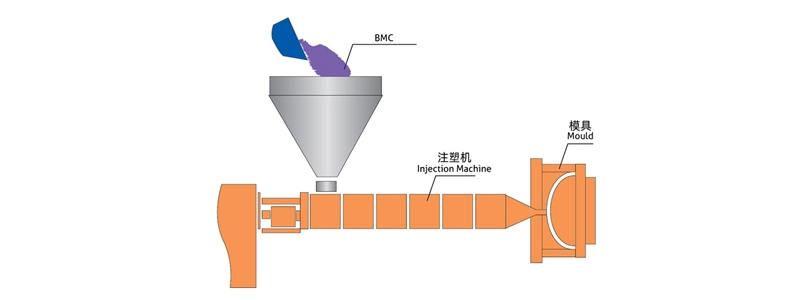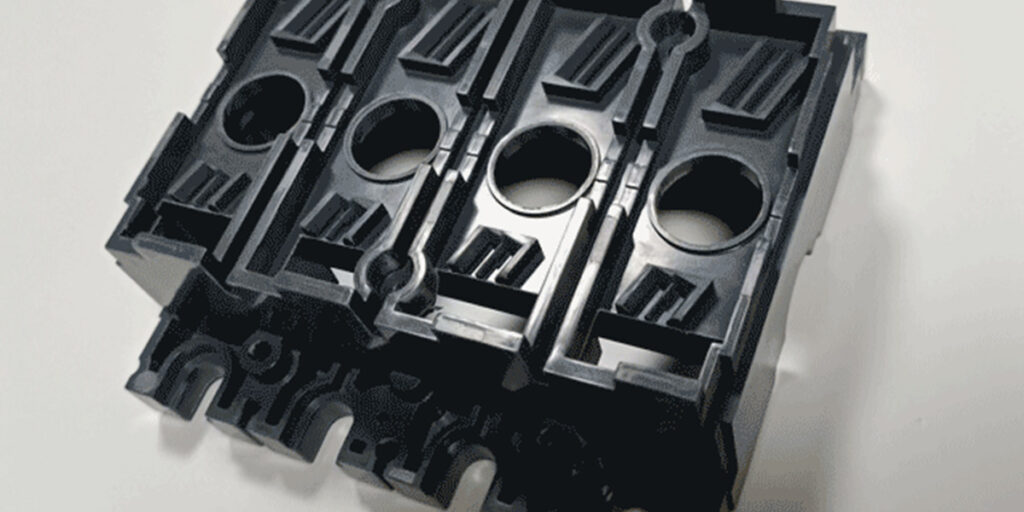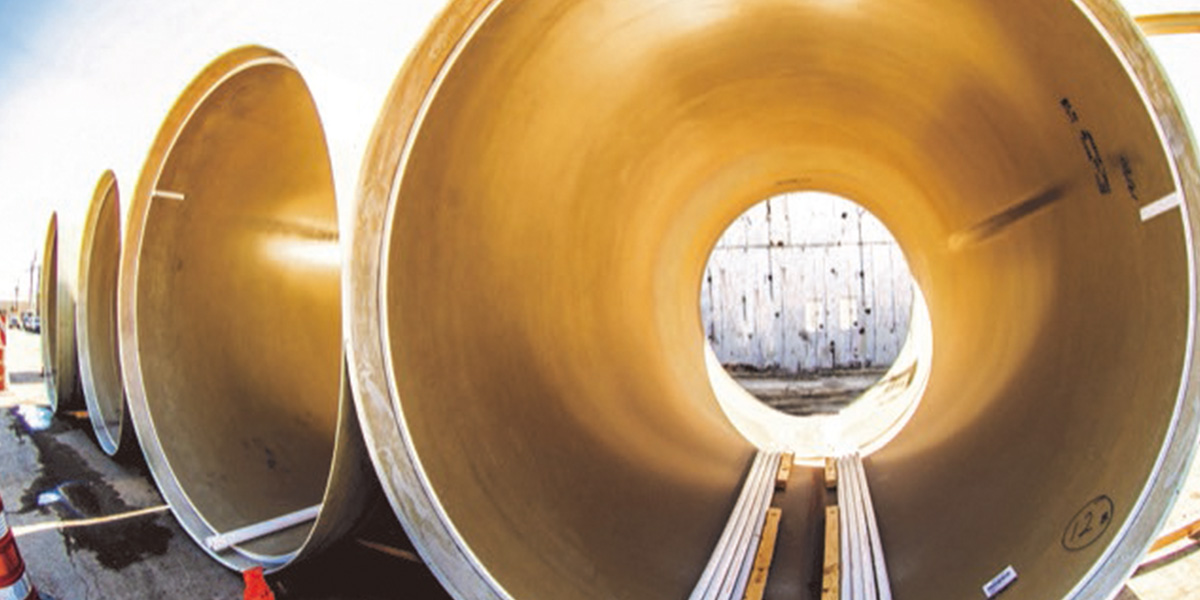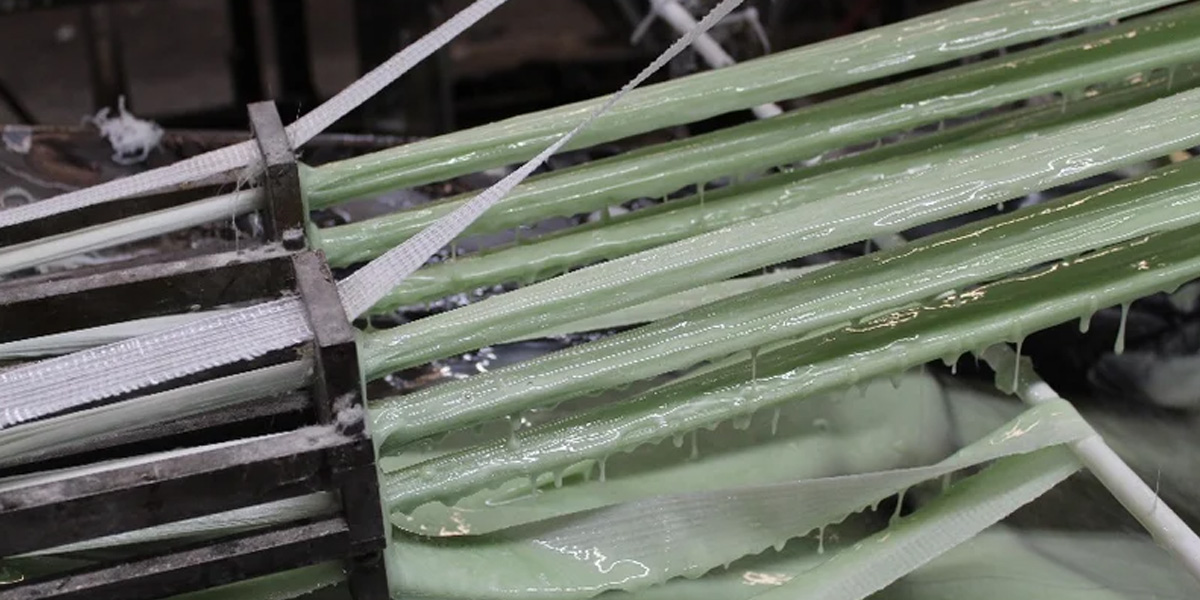What is BMC?

Bulk Molding Compound (BMC) is a type of composite material that consists of a mixture of resin, fibers, and fillers. The BMC process involves combining these ingredients to create a bulk material that can be molded into various shapes.
How does BMC work?
The BMC process involves the following steps:
- Material preparation: The resin, fibers, and fillers are mixed together to create a uniform compound.
- Compounding: The compound is then formed into a bulk material using a variety of techniques, such as extrusion or injection molding.
- Molding: The bulk material is then molded into the desired shape using heat and pressure.
- Curing: The molded part is then cured in an oven to create a strong and durable bond between the fibers and resin.
Advantages of BMC
- High strength-to-weight ratio: BMC materials exhibit a high strength-to-weight ratio, making them ideal for applications where weight reduction is critical.
- Improved impact resistance: BMC materials have improved impact resistance compared to traditional materials.
- Corrosion resistance: BMC materials are resistant to corrosion and can withstand harsh environments.
- Recyclability: BMC materials are recyclable, making them a sustainable option.
Applications of BMC
- Automotive industry: BMC materials are used in the automotive industry for applications such as engine components, gearbox components, and chassis components.
- Industrial equipment: BMC materials are used in industrial equipment, such as pumps, valves, and gearboxes.
- Consumer goods: BMC materials are used in consumer goods, such as sporting goods, furniture, and appliances.


